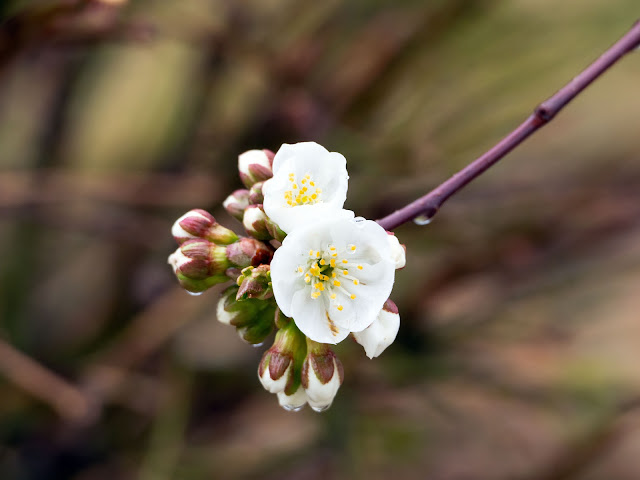Despite what we might think much of the time and what the news programs imply,
we all wish to be sane and open-hearted people. We could take our wish to be
more sane and kind and put it in a very large context. We could expand it into
a desire to help all other people, to help the whole world.
But we need a place to start. We can’t simply begin with the whole world.
We need to begin by reaching out to the people who come into our own lives
our family members, our neighbors, our coworkers.
We need to work on ourselves. When we do this work on ourselves, however,
we can still think of it in the wider context of our community, our nation,
and our world. Viewing the work we do on ourselves in this larger context
is very important. I don’t mean to be harsh, but I have to say that a lot of people
who do so- called spiritual work can be somewhat selfish. Their spiritual path
is all about taking care of themselves, and they may not notice that what makes
them feel comfortable and secure is actually at the expense of other people.
When we look at the world around us — our immediate world and the bigger world beyond —
we see a lot of difficulty and dysfunction. The news we hear is mostly bad news,
and that makes us afraid. It can be quite discouraging. Yet we could actually
derive inspiration, from these dire circumstances. We could recognize the fact,
and proclaim the fact, that we are needed.
A lot of the most painful conditions in the world are initially motivated by fear.
Fundamentalism, for example, comes about when we feel we need something
definite and solid to protect ourselves from those who are different from us.
That arises from the fear of losing control. Likewise, our addictions come from
trying to assuage the discomfort we feel inside, the fear that things are out of our control
and we have no secure ground under our feet. Whatever form fear hardens into,
it continues to escalate and results in actions that can do great damage.
It escalates into wars and riots. It escalates into violence and cruelty.
It creates an ugly world, which breeds more fear.
Yet the raw fear initially emerges as a dot in space, as a doorway that can go either way.
If we choose to take notice of the actual experience of fear, whether it’s just
a queasy feeling in our stomach or actual terror, whether it’s a subtle level
of discomfort or mind-numbing dramatic anxiety, we can smile at it,
believe it or not. It could be a literal smile or a metaphor for coming to know fear,
turning toward fear, touching fear. In that case, rather than fear setting off
a chain reaction where you’re trying to protect yourself from it,
it becomes a source of tenderness. We experience our vulnerability,
but we don’t feel we have to harden ourselves in response.
This makes it possible for us to help ourselves and to help others.
So the very first step, and perhaps the hardest,
is developing an unconditional friendship with oneself.
Developing unconditional friendship means taking the very scary step
of getting to know yourself. It means being willing to look at yourself clearly
and to stay with yourself when you want to shut down. It means keeping
your heart open when you feel that what you see in yourself is just
too embarrassing, too painful, too unpleasant, too hateful.
If you do stay present with what you see when you look at yourself again and again,
you begin to develop a deeper friendship with yourself. It’s a complete friendship,
because you are not leaving out the parts that are painful to be with.
It’s the same way you would develop a complete friendship with another person.
You include all that they are. When you develop this complete friendship with yourself,
the parts you’re embarrassed about—as well as the parts you’re proud of—
manifest as genuineness. A genuine person is a person who is not hiding anything,
who is not conning themselves. A genuine person doesn’t put up masks and shields.
When we wall ourselves off from uncertainty and fear, we develop an “iron heart.”
When someone develops a true friendship with themselves, the iron heart softens
into something else. It becomes a vulnerable heart, a tender heart.
It becomes a genuine heart of sadness, because it is a heart that is willing
to be touched by pain and remain present.
~ Pema Chödrön
excerpts from talks given in the Bay Area in October 2010
with thanks to Lions Roar





























